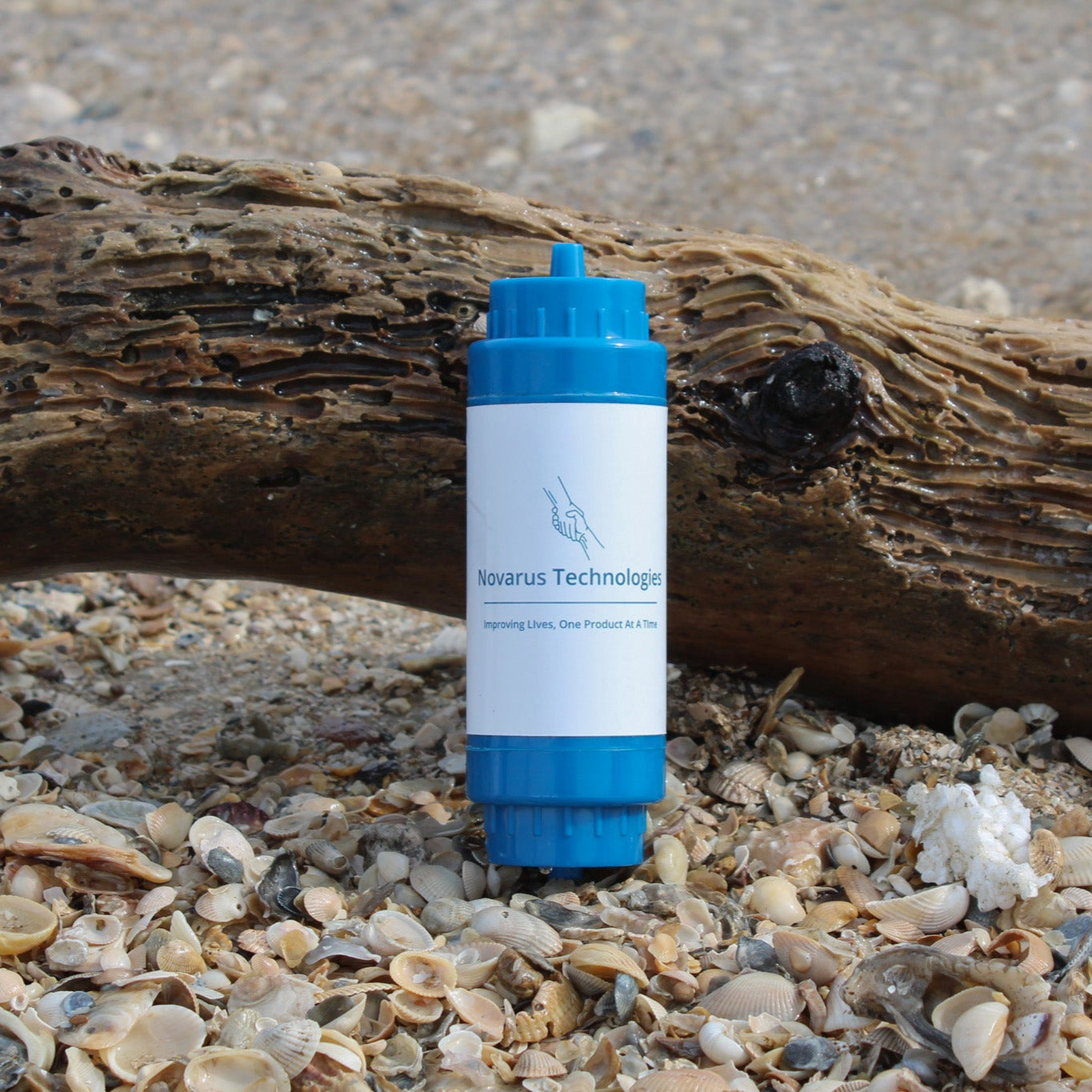In the wake of disasters, natural or otherwise, access to clean water becomes a critical concern. Post-earthquakes, hurricanes, or chemical spills, the stability of water sources can be compromised in an instant. It's during these times that preparedness can make all the difference. Emergency kits, often touted for their essentials like canned goods and first aid supplies, must also include provisions for clean water.
Disasters don't adhere to schedules or geographic boundaries. They strike suddenly and unpredictably, leaving communities scrambling to secure basic necessities. That's why being prepared is paramount. Whether you're in California bracing for the next earthquake or in the Midwest facing potential floods, having a plan that includes clean water is non-negotiable.
Consider the cases of Flint and Pittsburgh. In Flint, Michigan, lead contamination in the water supply became a national scandal, exposing thousands to dangerous levels of toxins. Meanwhile, Pittsburgh faced a chemical spill upstream, threatening its water quality. These events underscore the vulnerability of our water infrastructure and the urgent need for safeguards.
Even with emergency kits stocked with reserve jugs of water, there's an often-overlooked concern: microplastics. Plastic containers leach harmful particles into the water over time, potentially compromising its safety. That's where water filters come in. Investing in reliable filtration systems ensures that even in the midst of chaos, access to clean water remains uncompromised.
But the clean water crisis isn't confined to the aftermath of disasters. It's a daily reality for millions worldwide. Take India, for example, where access to clean water is a luxury for many. Whether it's due to inadequate infrastructure or pollution, the consequences are dire. From waterborne illnesses to stunted development, the lack of clean water perpetuates a cycle of poverty and suffering.
In addressing this crisis, both post-disaster relief efforts and long-term solutions are essential. Immediate interventions can provide vital assistance to communities reeling from the aftermath of calamities. This includes supplying clean water and deploying filtration systems to mitigate health risks.
However, sustainable change requires addressing the root causes of the clean water crisis. It demands investment in infrastructure, pollution control measures, and equitable access to resources. It necessitates a collective effort from governments, NGOs, and individuals alike to ensure that clean water is not just a privilege but a fundamental human right.
In conclusion, the clean water crisis is a multifaceted challenge that demands urgent attention. Whether it's preparing for emergencies or addressing systemic issues, the need for clean water is undeniable. By prioritizing resilience, sustainability, and equity, we can work towards a future where access to clean water is a reality for all, both in the US and beyond.


